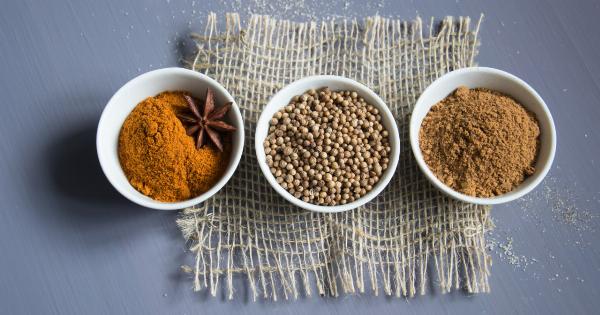Getting a good night’s sleep is essential to maintaining good health. While much of the focus on getting a good night’s sleep is on factors like stress, work, and exercise, the foods we eat can also have a big impact on our sleep quality.
In this article, we will look at seven foods that can have a positive or negative effect on your sleep and provide a visual guide for easy reference.
Caffeine
Caffeine is a stimulant that can interfere with sleep. When consumed in moderation, it can help keep you alert and awake during the day, but too much caffeine can make it difficult to fall asleep or stay asleep at night.
According to experts, caffeine should be avoided for at least six hours prior to going to bed. This means that if you plan on going to bed at 10 pm, you should not consume caffeine after 4 pm.
Additionally, it’s important to note that caffeine can be found in many different foods and beverages, including coffee, tea, chocolate, and some medications.
Alcohol
While alcohol can help you fall asleep more quickly, it can also disrupt your sleep later in the night.
This is because alcohol is a depressant that can interfere with the body’s natural sleep cycle, causing you to wake up more frequently and to have a less restful night’s sleep. It’s recommended that you limit alcohol consumption to no more than one drink per day for women and two drinks per day for men. Additionally, it’s best to avoid consuming alcohol for at least two hours prior to going to bed.
Sugar
Sugar can have a negative impact on sleep quality in a number of ways. Consuming sugary foods and drinks can lead to a rapid increase in blood sugar, which can cause a “sugar crash” later on.
Additionally, sugar can cause inflammation in the body, which can contribute to a host of health problems, including poor sleep quality. Experts recommend limiting consumption of added sugars, such as those found in processed foods and sugary drinks, and opting instead for naturally sweet foods like fruits.
Fatty Foods
Fatty foods, such as fried foods and processed meats, can contribute to poor sleep quality in several ways. First, they can cause digestive discomfort, leading to heartburn or indigestion that can make it difficult to fall asleep or stay asleep.
Second, they can cause fluctuations in blood sugar levels, which can lead to restless sleep. Finally, these types of foods can cause inflammation in the body, which can also affect sleep quality.
Experts recommend limiting the consumption of fatty, fried, and processed foods, and opting instead for lean protein sources and whole foods like fruits and vegetables.
Spicy Foods
Spicy foods can be a double-edged sword when it comes to sleep quality. On one hand, the heat from spicy foods can help to clear nasal passages and make it easier to breathe while sleeping.
On the other hand, spicy foods can cause heartburn and indigestion, which can make it difficult to get a restful night’s sleep. Experts recommend limiting the consumption of spicy foods, particularly in the evening hours, and opting instead for milder flavors.
Caffeine-Free Tea
Caffeine-free tea, such as chamomile or lavender tea, can be a great way to promote relaxation and improved sleep quality.
These types of teas contain natural compounds that can help to soothe the mind and reduce stress, making it easier to fall asleep and stay asleep. Additionally, drinking tea can have a calming effect on the body, which can help to improve overall sleep quality. Experts recommend drinking caffeine-free tea in the evening hours, particularly before bed, to help promote better sleep.
Magnesium-Rich Foods
Magnesium is an essential mineral that plays a key role in many physiological processes, including sleep regulation.
Consuming magnesium-rich foods, such as leafy greens, nuts, and whole grains, can help to improve sleep quality by promoting relaxation and reducing stress. Magnesium has also been shown to help regulate the production of melatonin, a hormone that helps to regulate the sleep-wake cycle. Experts recommend consuming magnesium-rich foods regularly as part of a balanced diet to promote better sleep quality.
Conclusion
By paying attention to the foods we eat, we can improve our sleep quality and promote overall health and well-being. While these seven foods are just a few examples of how diet can affect sleep, they are a good place to start.
By limiting consumption of caffeine, alcohol, sugar, fatty foods, and spicy foods, and opting instead for caffeine-free tea and magnesium-rich foods, we can promote better sleep quality and improve our overall health.





























